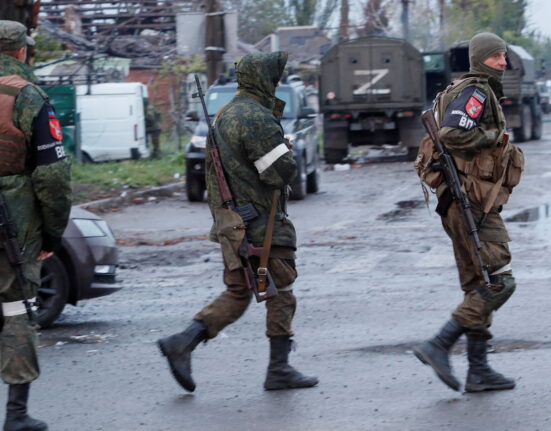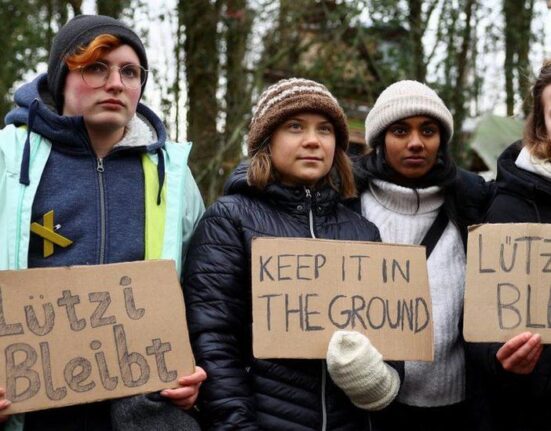The European Parliament is in the spotlight as discussions heat up regarding the acceleration of banning Russian gas imports by a year, aiming for 2026 rather than 2027. Ville Niinistö, a prominent Greens MEP leading the Parliament’s efforts on this bill, expressed interest in exploring an earlier deadline. He emphasized the importance of thorough scrutiny to ensure the proposal is stringent enough.
As Europe grapples with reducing its dependence on Russian energy sources following significant geopolitical events such as Moscow’s invasion of Ukraine, the proposed accelerated timeline seeks to sever lingering ties with Russia. The European Union has made strides in decreasing Russian pipeline gas supplies and imposing restrictions on seaborne coal and oil imports. However, challenges remain in fully transitioning away from Russian energy, particularly liquefied natural gas purchases.
Niinistö highlighted areas where he believes improvements can be made in the bill, notably urging for stronger measures against Russian oil imports. He stressed the need for comprehensive language that includes oil within the ban framework by at least 2027. Concerns have been raised about potential legal repercussions from Russian energy companies, prompting careful examination of the proposal’s legal foundation to safeguard European firms.
The path towards enacting this legislation involves navigating political complexities within the European Parliament’s diverse factions. Niinistö aims to broker agreements across party lines and engage with lawmakers holding varying stances on relations with Russia. Challenges loom ahead as Hungary and Slovakia push back against reducing their reliance on Russian oil and gas due to economic concerns.
While some countries demand financial incentives to transition away from Moscow-supplied energy, current proposals lack explicit monetary provisions. Niinistö acknowledged the necessity of addressing these fiscal considerations during negotiations to garner support from all EU member states. He stressed unity among nations and policymakers to prioritize broader European interests over individual agendas.
In a bid to secure consensus and advance this critical legislation swiftly, Niinistö underscored the importance of fostering dialogue among stakeholders with divergent perspectives. As debates unfold within corridors of power across Europe, balancing strategic interests with collective goals will be key in shaping a sustainable energy future for the continent.—Experts anticipate robust discussions ahead concerning EU’s energy strategy shifts amidst growing tensions.









Leave feedback about this